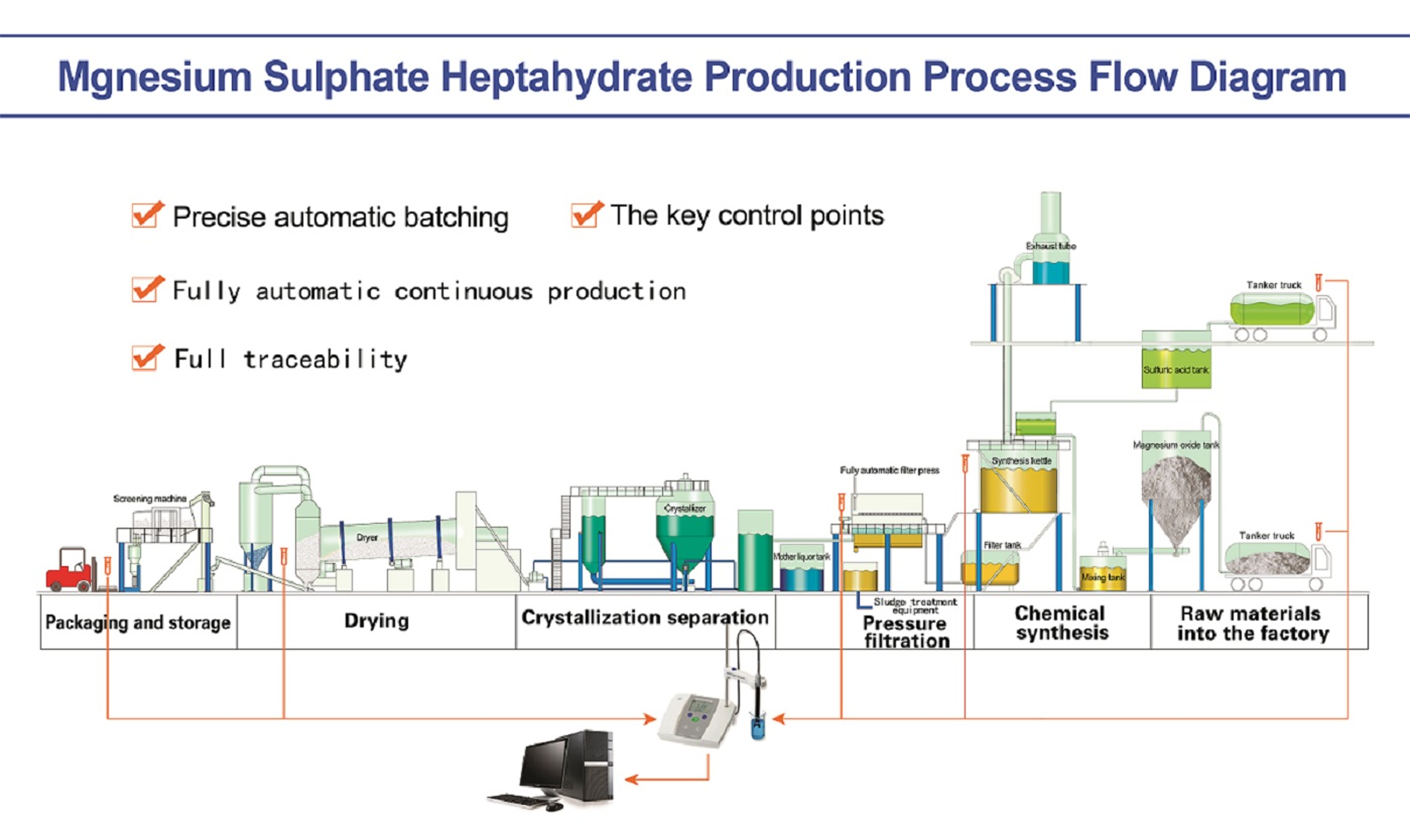Stevia glycosides are natural sweeteners derived from the leaves of the Stevia rebaudiana plant. They are often used as sugar substitutes due to their intense sweetness and low-calorie content. Here are some common uses of stevia glycosides:
1. **Food and Beverages**: Stevia glycosides are widely used in a variety of food products, including:
- Soft drinks and flavored waters
- Baked goods
- Dairy products
- Jams and jellies
- Sauces and condiments
2. **Dietary Supplements**: Due to their sweetness without calories, stevia glycosides are often included in dietary supplements, protein powders, and meal replacement products.
3. **Baking and Cooking**: Stevia can be used in baking, though adjustments in recipes may be necessary because stevia is much sweeter than sugar. It's suitable for low-calorie and diabetic-friendly recipes.
4. **Personal Care Products**: Some personal care items, such as toothpaste and mouthwash, use stevia glycosides for their sweetening properties and potential oral health benefits.
5. **Pharmaceuticals**: Stevia glycosides may also be used to improve the taste of medications, particularly for pediatric formulations.
### Health Benefits
- **Low-Calorie**: Stevia glycosides provide sweetness with little to no calories, making them suitable for weight management.
- **Blood Sugar Control**: Stevia does not raise blood sugar levels, making it a popular choice for diabetics.
- **Natural Origin**: Being plant-derived, stevia is often preferred over synthetic sweeteners.
### Considerations
- **Taste**: Some people may find the aftertaste of stevia glycosides to be slightly different from sugar.
- **Dosage**: It's important to use stevia glycosides in moderation, as excessive consumption may lead to gastrointestinal discomfort in some individuals.
Overall, stevia glycosides serve as a versatile and healthy alternative to traditional sweeteners in various applications.




 Guarantee safe
Guarantee safe 





